Alert 282
Sri Lanka: Anticipation of flooding in a climate change hotspot
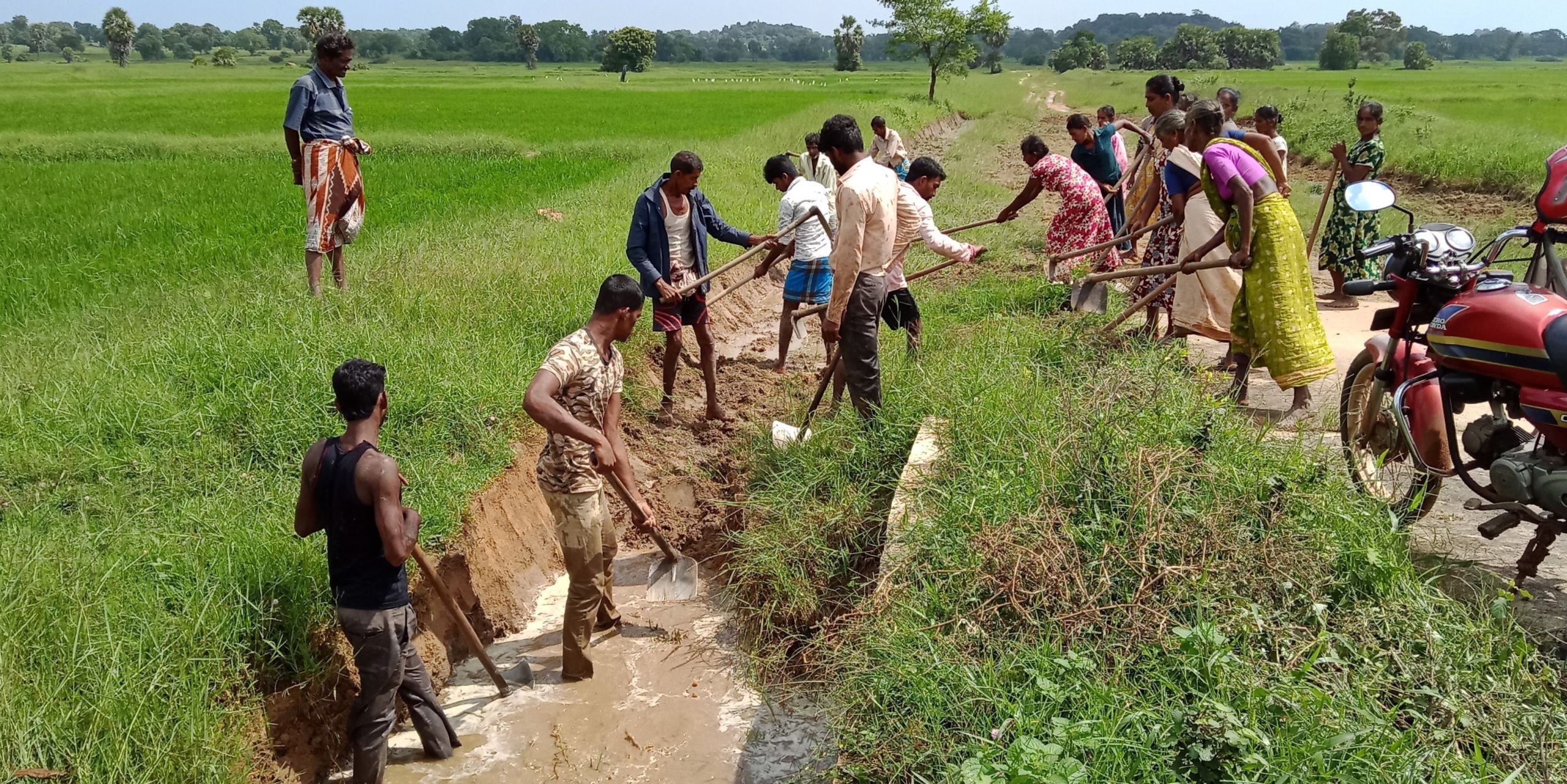
Start Fund alerts responding to climate-related disasters are increasing year-on-year. Start Network’s anticipatory action provides NGOs with the coordination and funding to better respond to crises that are undoubtedly associated with climate change. An anticipatory response to predicted flooding in Sri Lanka was initiated in the second half of 2018 through Alert 282. It is 1 of 9 flood-related alerts that have been raised in this country in the past four years to the Start Fund.
Sri Lanka has been described as a ‘climate hotspot’ by the World Bank, as negative impacts from changes in their average climate are projected to be some of the most severe in South Asia. The country is seen as particularly vulnerable to extreme events due to poorer infrastructure, large numbers of displaced people and a population that is heavily reliant on the agriculture sector.
Context
The climate in Sri Lanka is tropical and can be spilt into four seasons which all feature monsoonal rains. The Northeast-monsoon season is typically from December to February, however in 2018 it started in November and was expected to last through to February 2019. This season was also forecasted to bring higher than average heavy rains which could cause severe flooding and landslides across the north, centre and east of the country. This flooding was predicted to damage shelter and WASH infrastructure as well as destroying crops.
In response to this, an anticipation alert for flooding was raised on November 6th 2018. Start Fund allocated £180,000 to this project which saw a consortium of Start Network members: Oxfam, World Vision and Save the Children work together on its implementation.
Implementation
Project activities included Oxfam leading on awareness-raising sessions focused on health and hygiene practices. The first early warning sensors for flooding were also installed by Oxfam. Save the Children led on child protection, disaster risk reduction and gender-sensitive training to local communities and government actors, whilst simultaneously setting up temporary learning centres. World Vision distributed machinery in appropriate locations to clear any post-flooding debris. Anticipatory projects are typical for including a mixture of emergency response actions and longer-term resilience building activities.
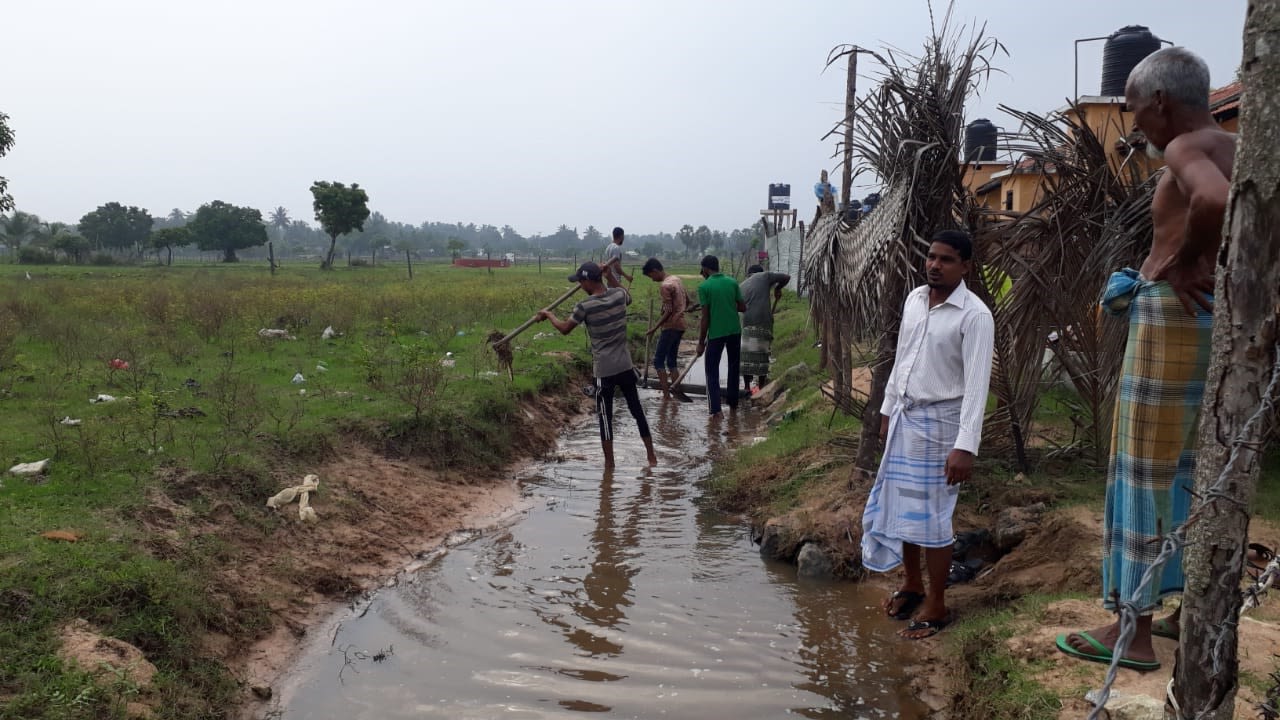
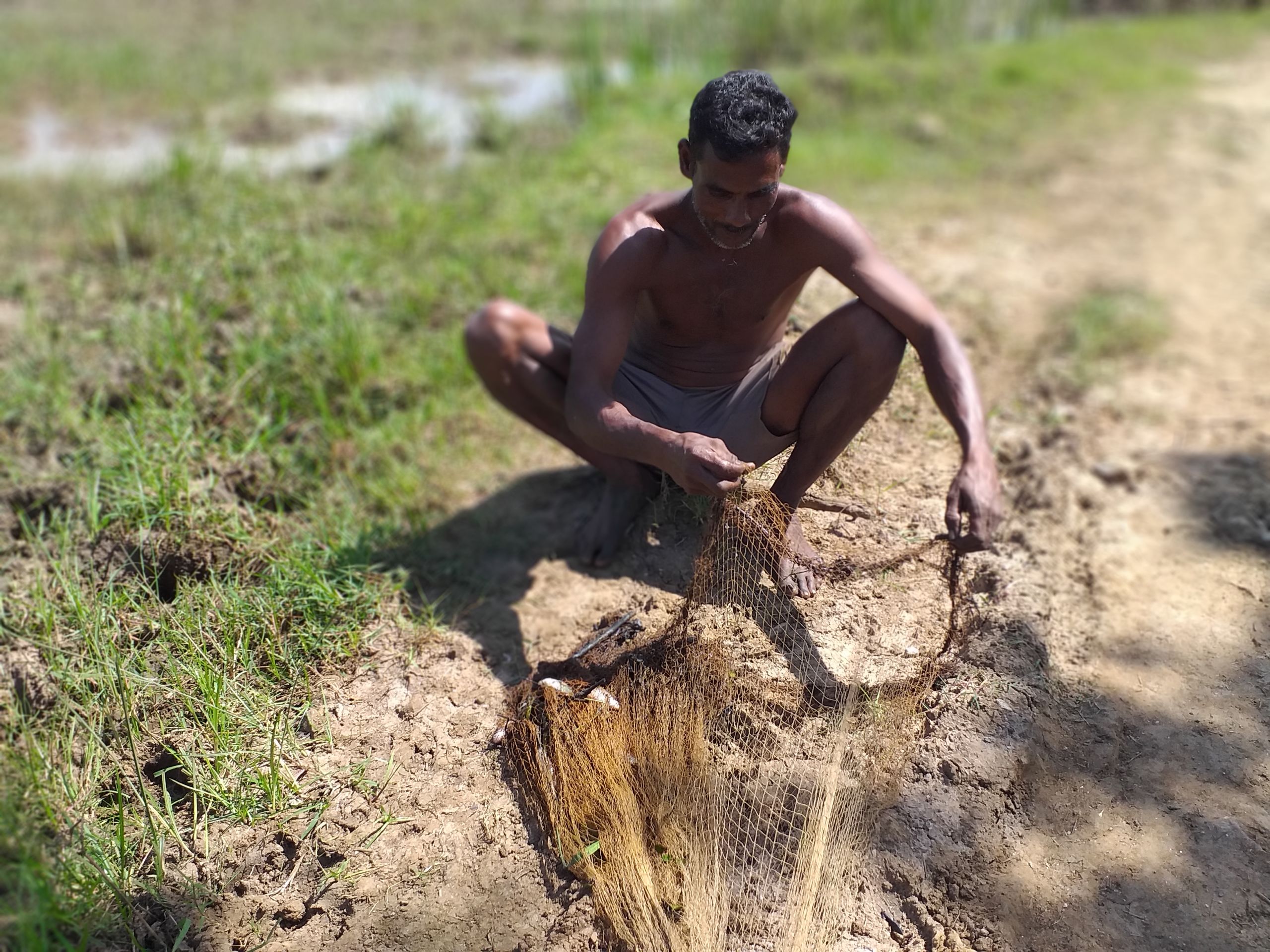
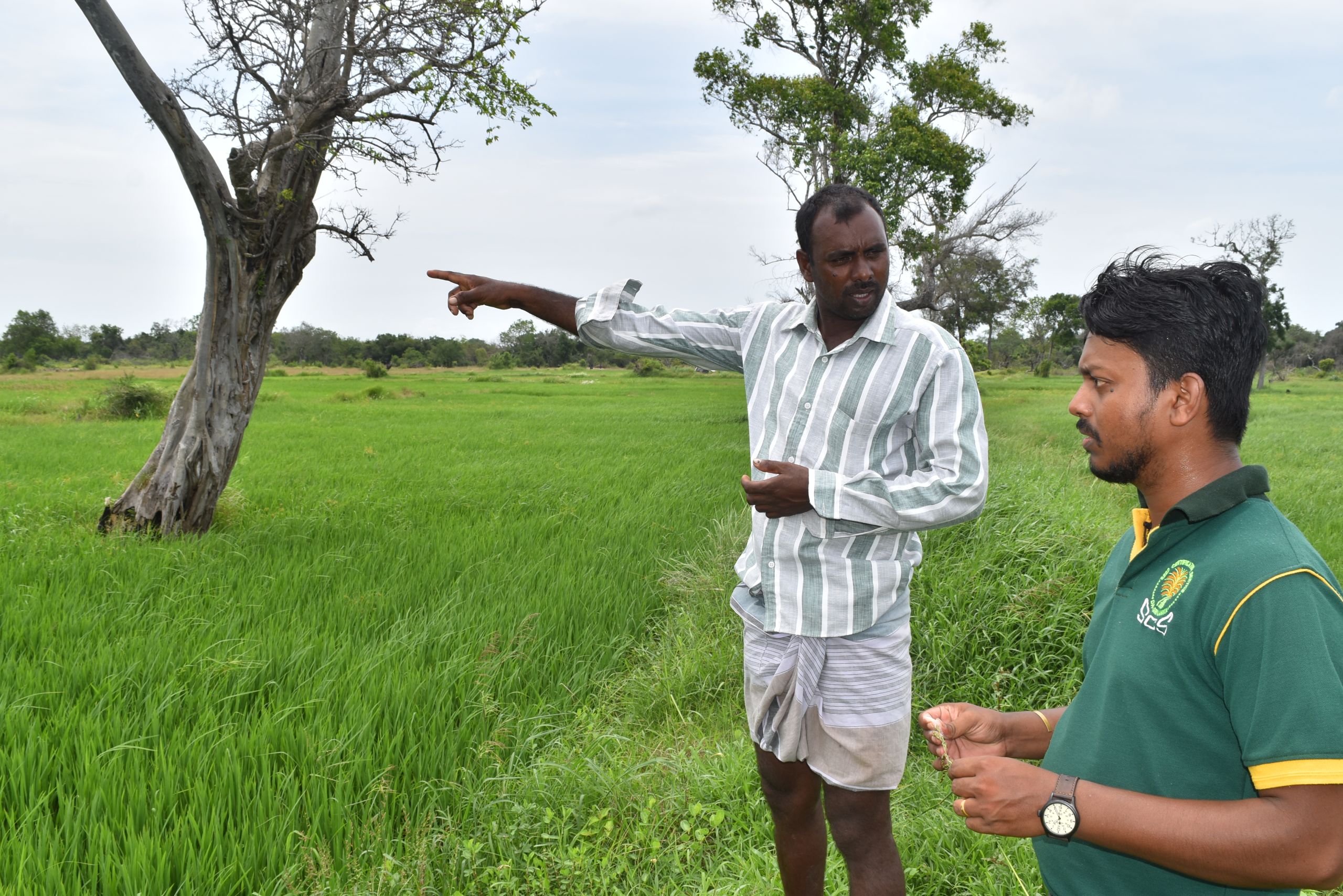
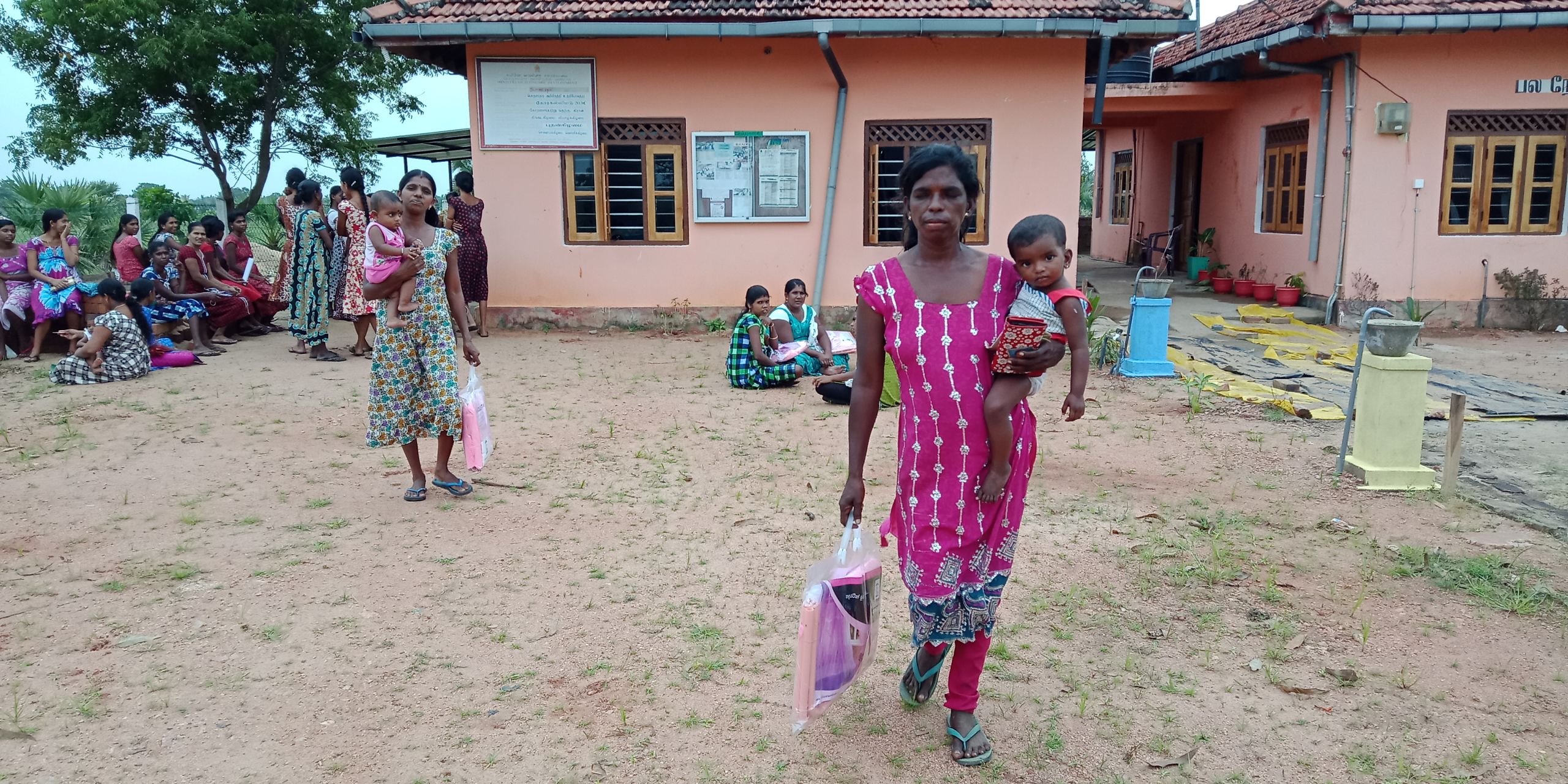
“The sensors, fixed at river side are successful and it sends messages about the climate to key officials.”
A government official from Kiran state
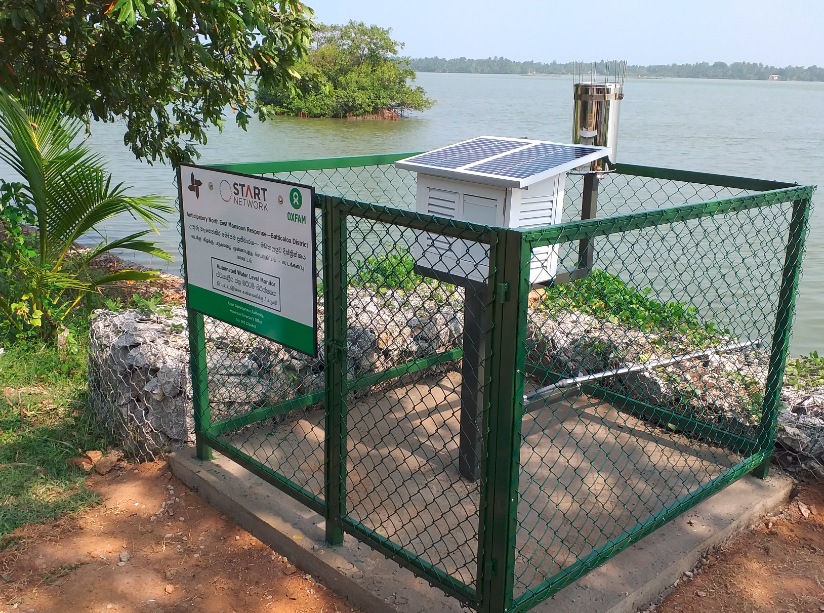
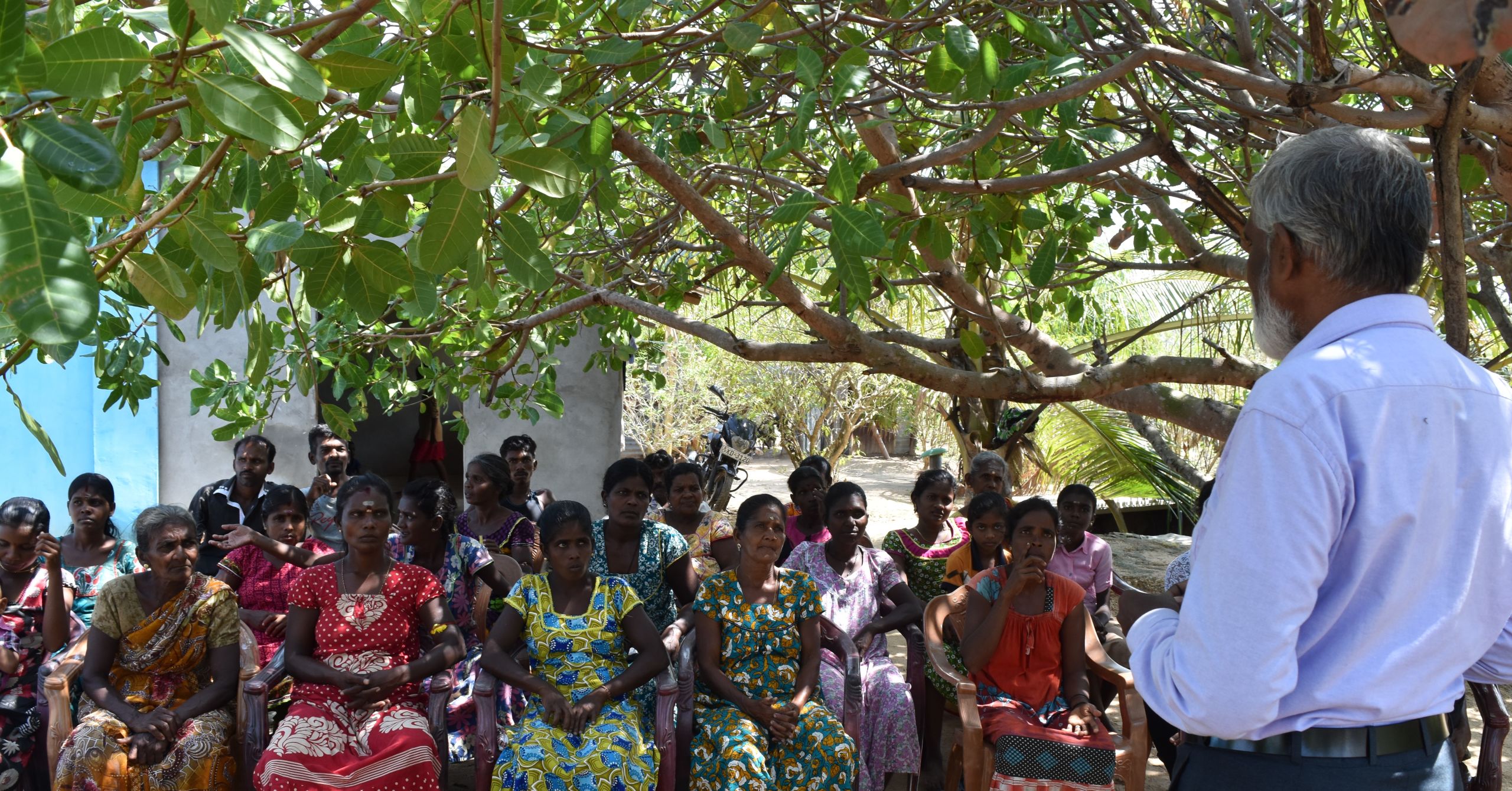
“Most of the people do labour work in this area. They were unable to do their regular work during flood period. Cash for work activities helped them to get income and look after their families well. Especially, people, who manages their families with the support of daily wages much benefitted.”
A Batticaloa district community member
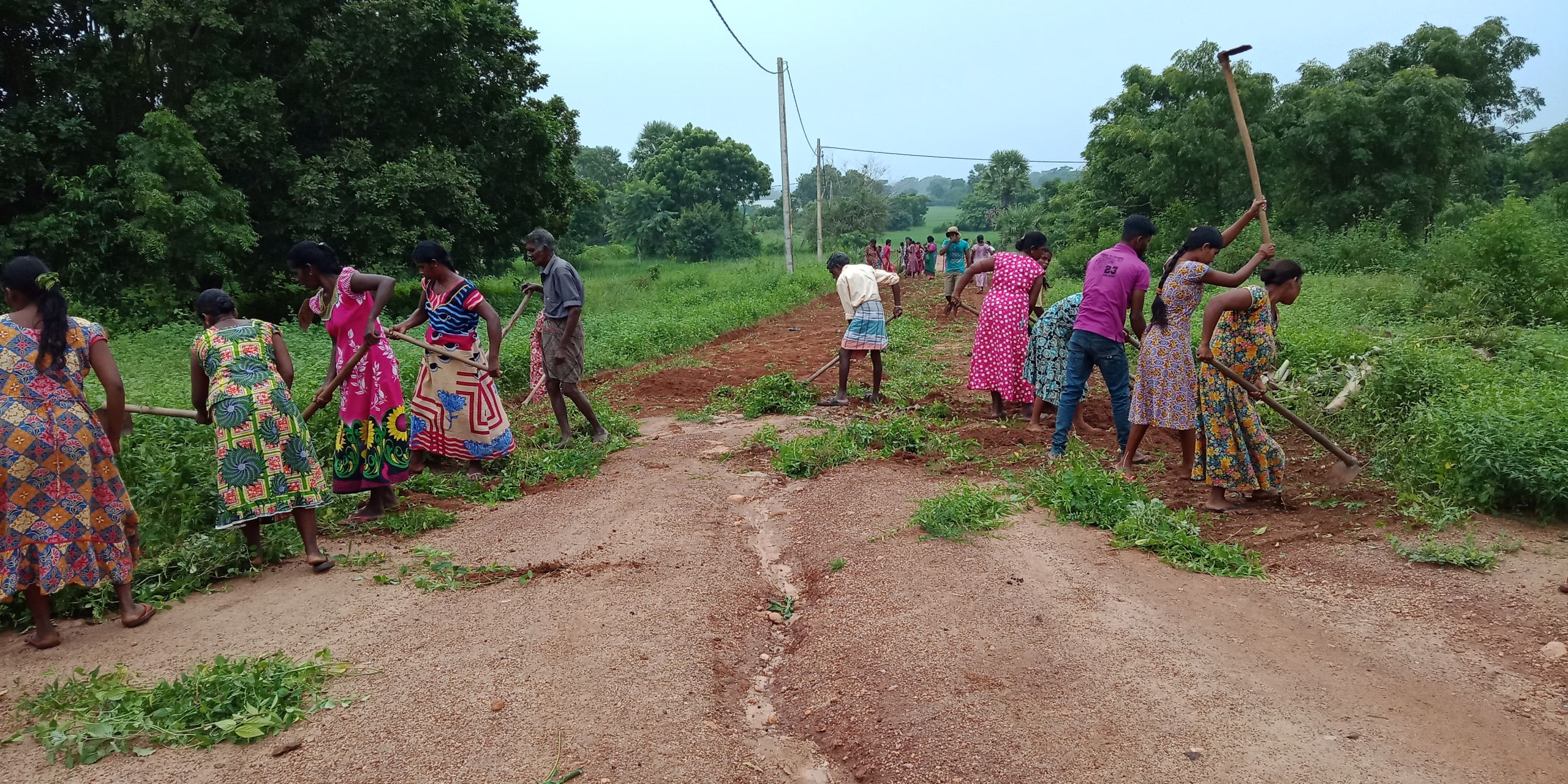
"[Without the cleaning of water channels] More water might be stagnated due to improper drainage system. More people might be affected by the communicable diseases, such as dengue, diarrhoea due to spread of mosquitoes by stagnated water and wastes. Since we cleaned the area, no more garbage existed, during flood period. We could be able to feel the difference due to the preparedness of disaster. Usually one week is taken to drain the water. However, last time it took only 3 days. Our community was able to safeguard their documents.”
“Cash for work was the most successful support…. Under the cash for work we have cleaned water channels. Renovating water channels was a great thing to minimise flood impact”
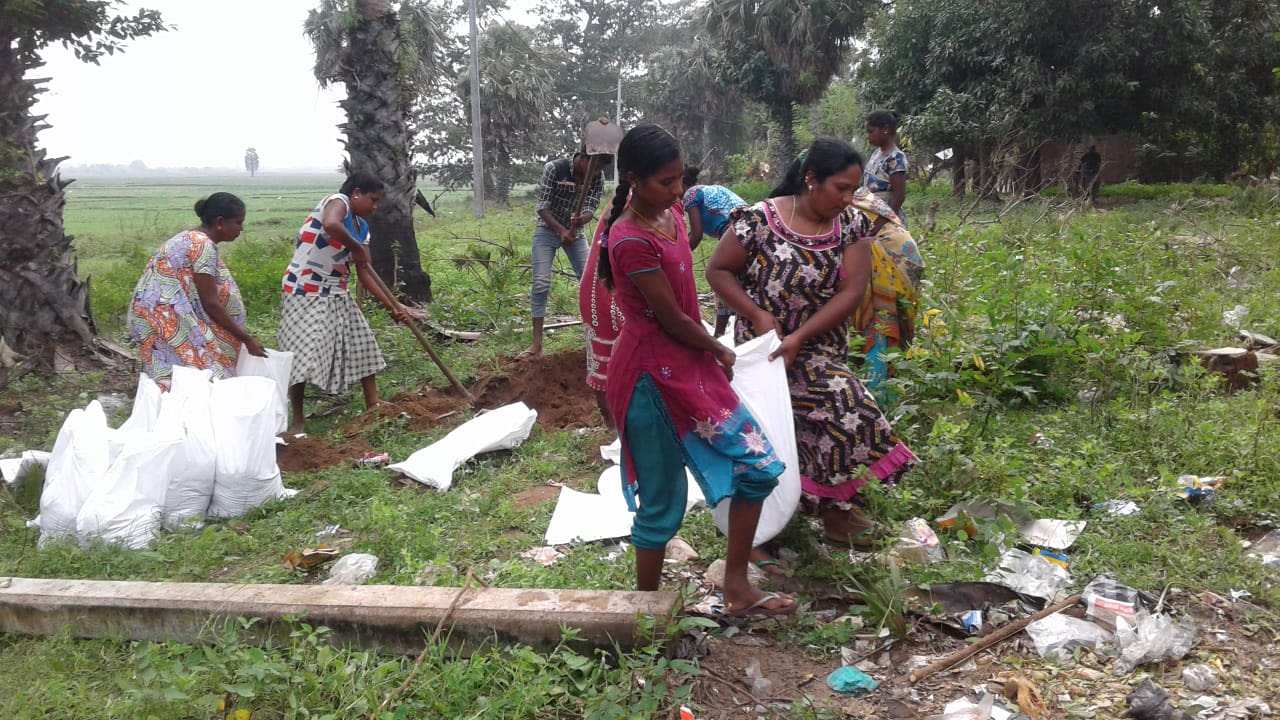
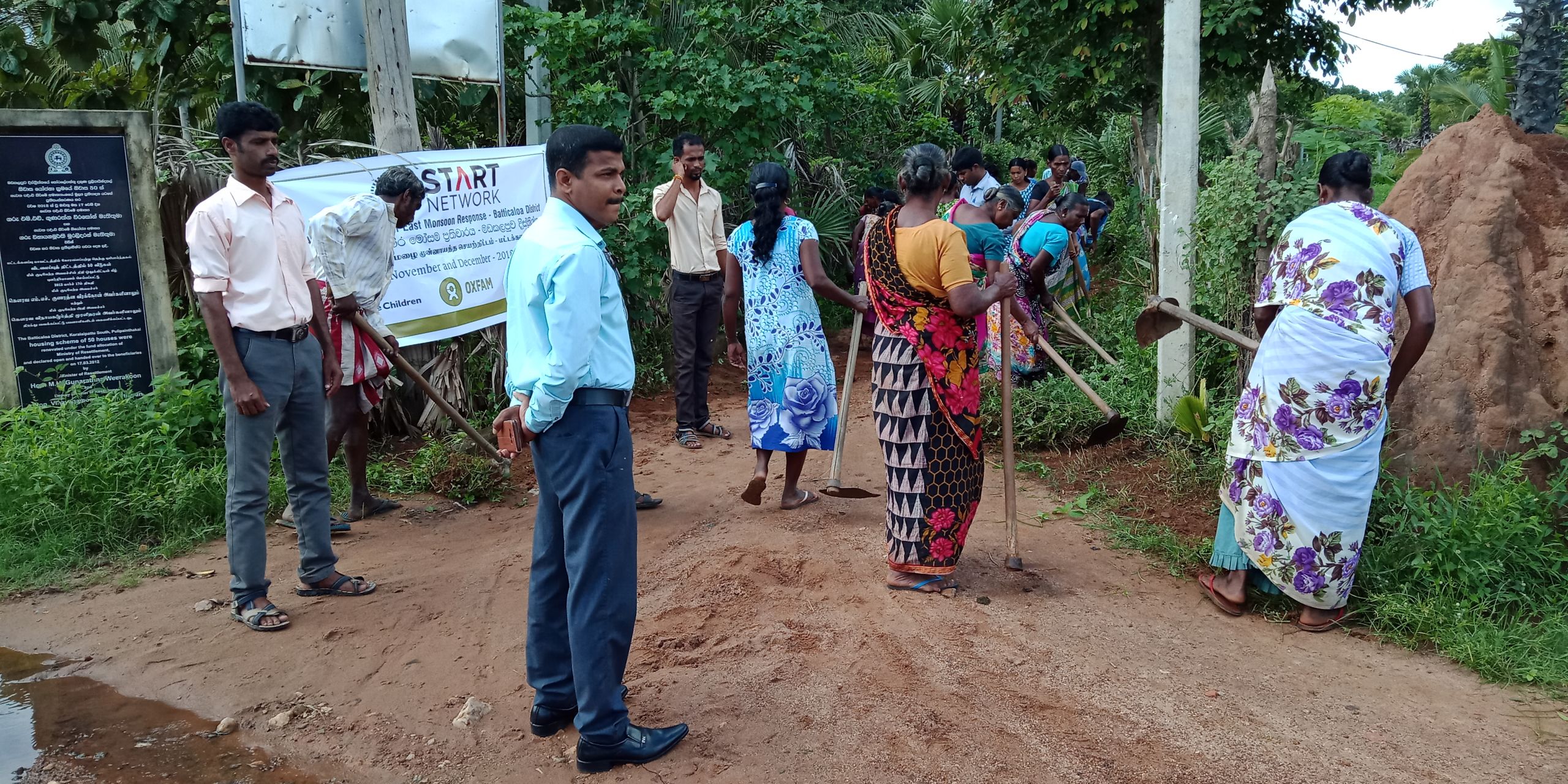
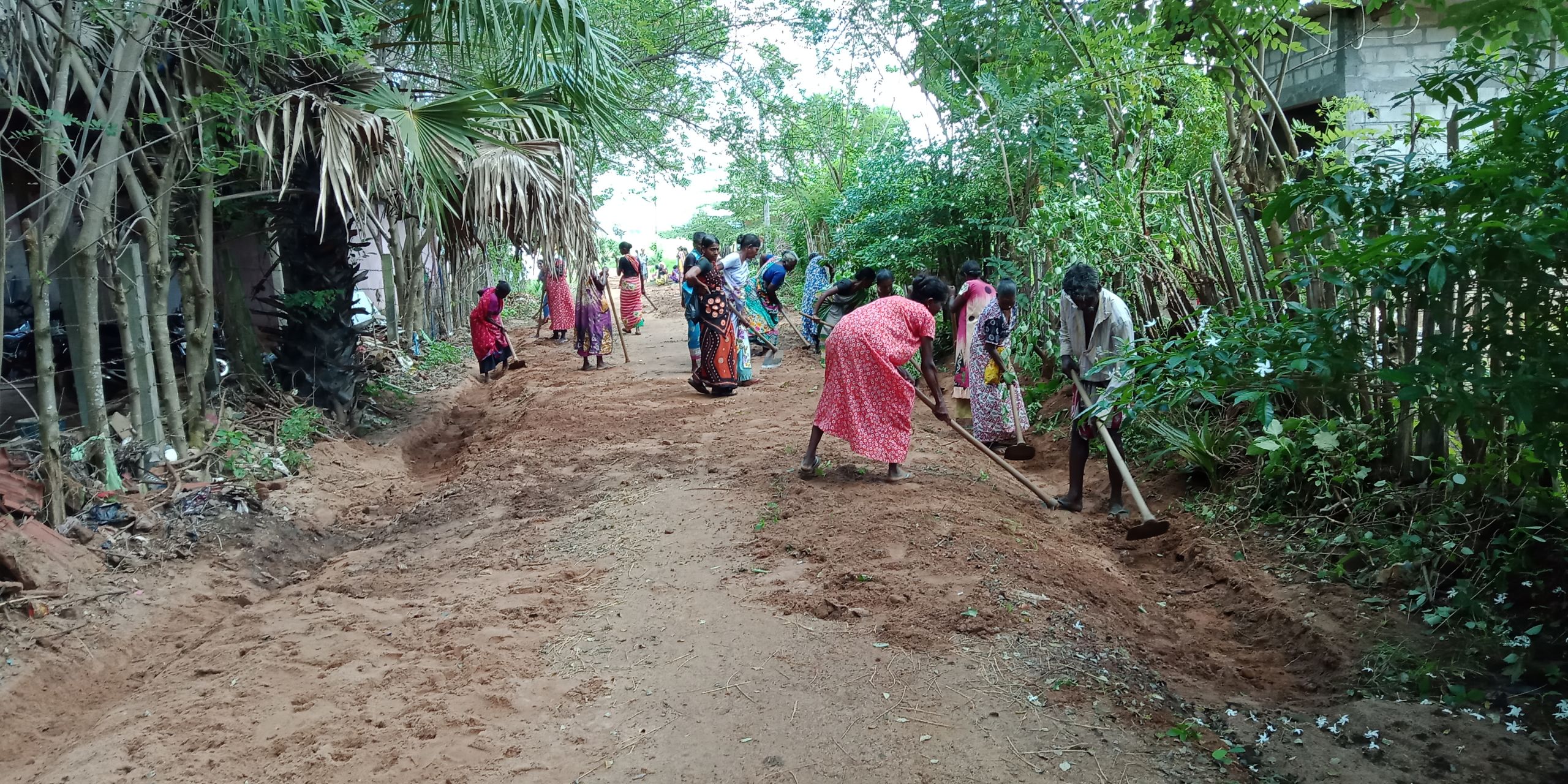
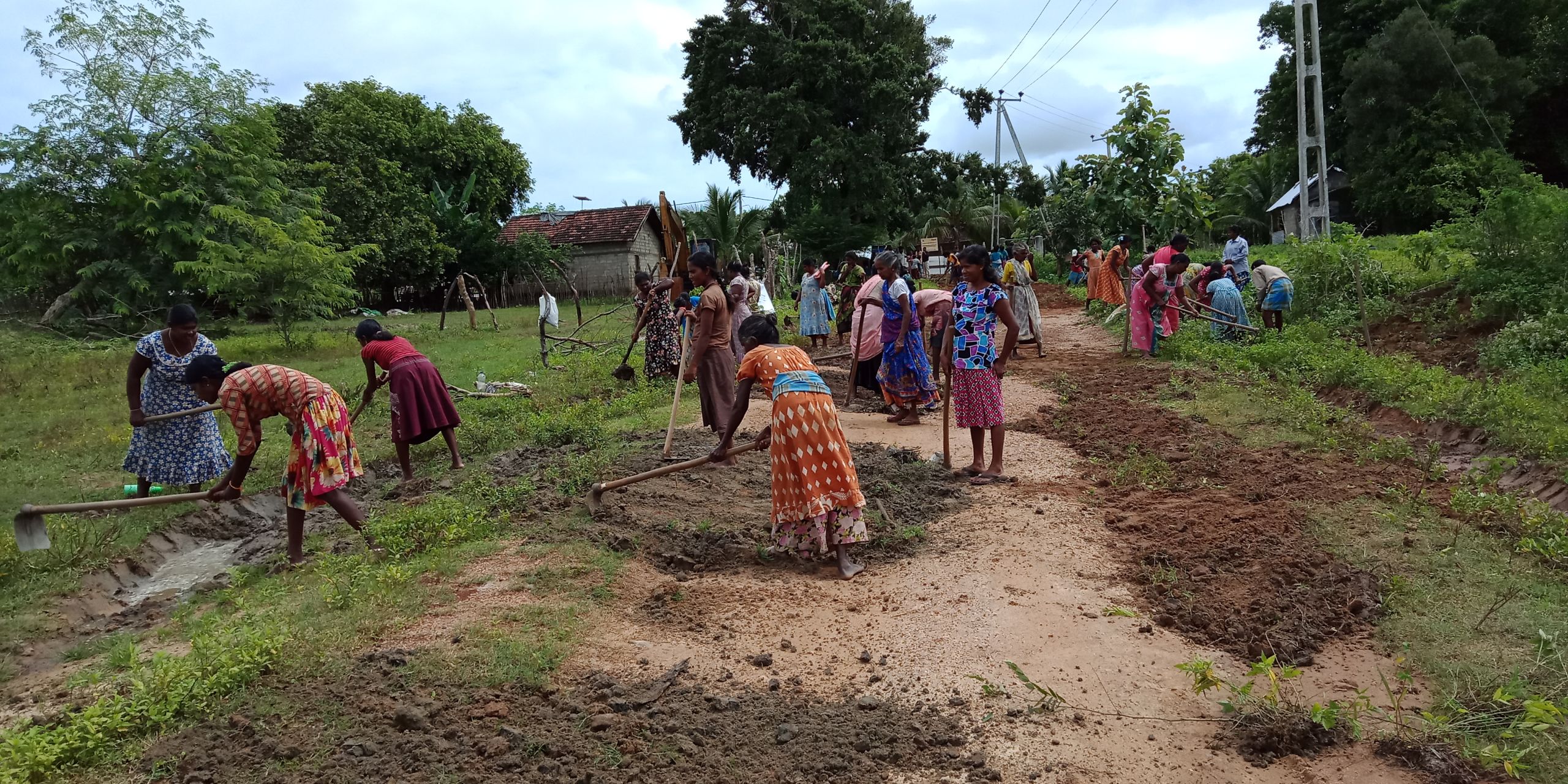
Learning:
ADAPTABILITY & LOCALISATION: The forecasted predictions were as expected, with heavy rainfall throughout the first 2 weeks of peak period. There was unprecedented rainfall in the North which resulted in increased needs in the region, but consortium members responded to this by engaging with local communities who were able to identify vulnerable locations.
INCREASED COLLABORATION BETWEEN AID AGENCIES: Collaboration was key to providing effective project implementation, with agencies highlighting that they used learning from previous consortium experience to agree on the most efficient ways of working.
Aid agencies on the ground highlighted that the Sri Lankan government does little in the space of preparedness or early action. This, combined with Sri Lanka’s vulnerability as a climate change hotspot, increases the need for local agencies to fill the gaps. Agencies emphasised how they often struggle as funding for preparedness activities is scarce. Start Network's support was vital as agencies reported that we were the only active donor in this context which released funds before the crisis hit - helping to mitigate impact through early action.